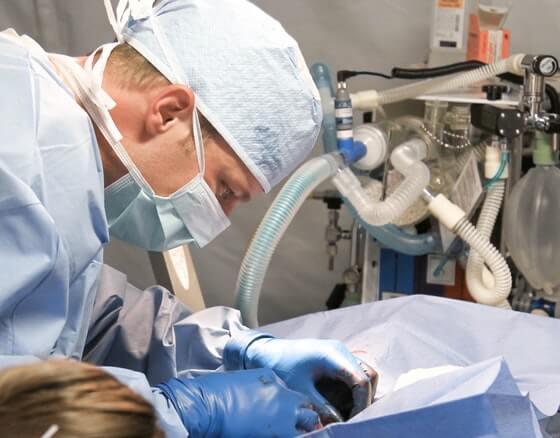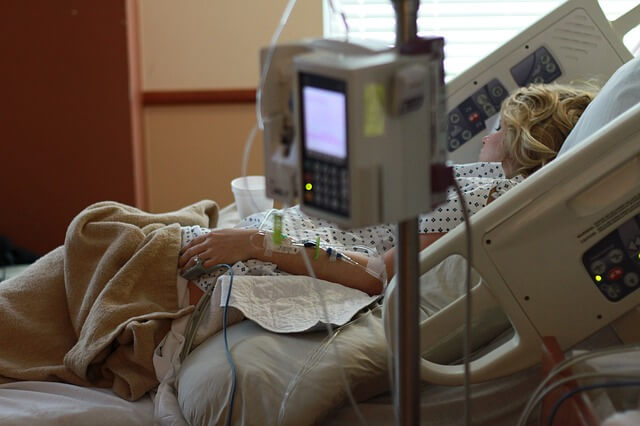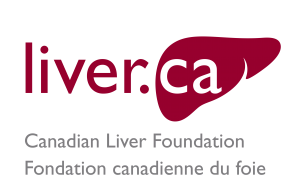If a Boat Springs a Leak—Dr. Eberhard Renner

If a Boat Springs a Leak, You Have to Plug the Hole, Not Just Scoop Out the Water
“ Society has let us become fatter and fatter, and most frighteningly, at younger and younger ages. We are in the midst of a worldwide obesity epidemic. ”
– Dr. Eberhard Renner
Supermarkets and drive-throughs are a 20th-century invention. Food was not always as readily available year round, and in abundances, as it is today in this country. Who has never swung by the fast food eatery around the corner? Who has never stopped at the supermarket in the neighbourhood on the way back from work to quickly fetch a pizza for dinner – sugary drink included? Advertisements for food and beverages are widespread; in fact, they are relentlessly catching our eyes. They usually promise more for less, boiling down to more calories for less money. We are systematically brainwashed and incentivized to eat more of, most often, industrially prepared and frequently poor quality food.

So what? Well, we human beings at some point, started out as hunters and gatherers. For many thousands of years, we had to physically work hard and long days to access the calories necessary to sustain our own lives and the lives of our loved ones. Selection pressure gave those a survival advantage who were able to store nutritional energy during times of abundance of food and live off those stores in times when food became a scarce resource again, e.g. during the winter. It comes, therefore, as no surprise that the ability to store nutritional energy as fat has become deeply ingrained in our blueprint.
But today, this blueprint is no longer a selection advantage, to the contrary. Together with the year-round over-abundance of food, and our ever more sedentary lifestyle, this blueprint lets us become fatter and fatter, and most frighteningly, at younger and younger ages. We are in the midst of a worldwide obesity epidemic. In Canada overall, about a third of the population is obese with a body mass index (BMI) of 30 or higher and an additional fifth is overweight (BMI 25-30). Thus, over half of the Canadian population suffer from some degree of the metabolic syndrome and low grade chronic inflammatory state associated with being too fat that predisposes to develop various chronic diseases.

To reiterate, this pertains not only to older adults but increasingly affects our school-age children who risk developing all those obesity-related issues in their twenties and thirties that we formerly saw around retirement age only. As a result, when I was working in Toronto, 30% of healthy young adults volunteering to become live liver donors had to be declined for a BMI above 30.
You bet this matters! Apart from affecting the lives of individuals and their families, the burden that the obesity epidemic throws on our health care system is enormous and increasing every year. Obesity puts many at risk of type 2 diabetes and all its consequences including vision loss, (peripheral) vascular disease, and renal failure, to ischemic heart disease and stroke, to sleep apnea syndrome with its impact on quality of life and productivity, to hip and knee osteoarthritis requiring joint replacements, to non-alcoholic fatty liver disease often progressing to cirrhosis and liver cancer (hepatocellular carcinoma), to many other life-threatening cancers, to anxiety disorders and depression – and this list is not complete.

Unfortunately, we are not doing much to address this serious issue; instead, as doctors, we spend a considerable amount of our healthcare resources treating the advanced stages of obesity-related disorders, as mentioned above. We are swamped with treating diabetes and its complications, with increasing dialysis spots and perform kidney transplants, with increasing the capacity in acute stroke and coronary care programs. We build sleep centres, perform sleep studies and prescribe CPAP machines, and we perform more and more hip and knee replacements at younger and younger ages.
We treat cancer and obesity-associated psychiatric disorders, and we request lab tests and imaging studies to evaluate fatty liver disease and manage the complications of non-alcoholic steatohepatitis (NASH), cirrhosis—which is the fastest growing, and soon the single most important indication for liver transplantation.

By requiring repeat hospital admissions, numerous outpatient consultations, and long-term drug treatment, this all consumes a substantial and increasing proportion of our already limited health care budgets.
Should we, as responsible individuals, citizens and taxpayers, and as members of the medical community departments, and institutions, not rather address the root cause for all of this obesity epidemic? Not only by using a medical perspective, but also utilizing a broad and multi-pronged societal approach?
This might mean advocating for and drumming up the political will to effectively address the problem at its origin and building comprehensive obesity programs with a focus on prevention, rather than solely treating obesity-associated disorders and diseases? Why not run strategic and long-term awareness campaigns, implement measures to incentivize healthy food choices and lifestyles with collaboration from both consumers and the food and beverage industry?

Is it really correct that a litre of Coke is less expensive than a litre of milk? Does it really have to be that way? Why do we allow the food and beverage industry to make a profit, but keep turning a blind eye at the health care costs this is generating down-stream?
We have made great inroads with discouraging smoking; we need to fight and achieve the same with eating habits and lifestyles leading to obesity. This is not about (moral) judgement; this is a business case. If we want to continue offering affordable and necessary healthcare to those who need it, we have to stop generating preventable, additional demand simultaneously. If a boat springs a leak, you have to plug the hole, not just scoop out the water.

Dr. Eberhard Renner is the Head of the Department of Internal Medicine at the University of Manitoba, and Medical Director of the Medicine Program at the Winnipeg Regional Health Authority (WRHA). Dr. Renner has published over 200 peer-reviewed papers and sits on the Canadian Liver Foundation’s Board of Directors.



He was my Dr. At Toronto general in 2013 when I had 2 liver transplants one in Jan an the second in October they were an awesome team